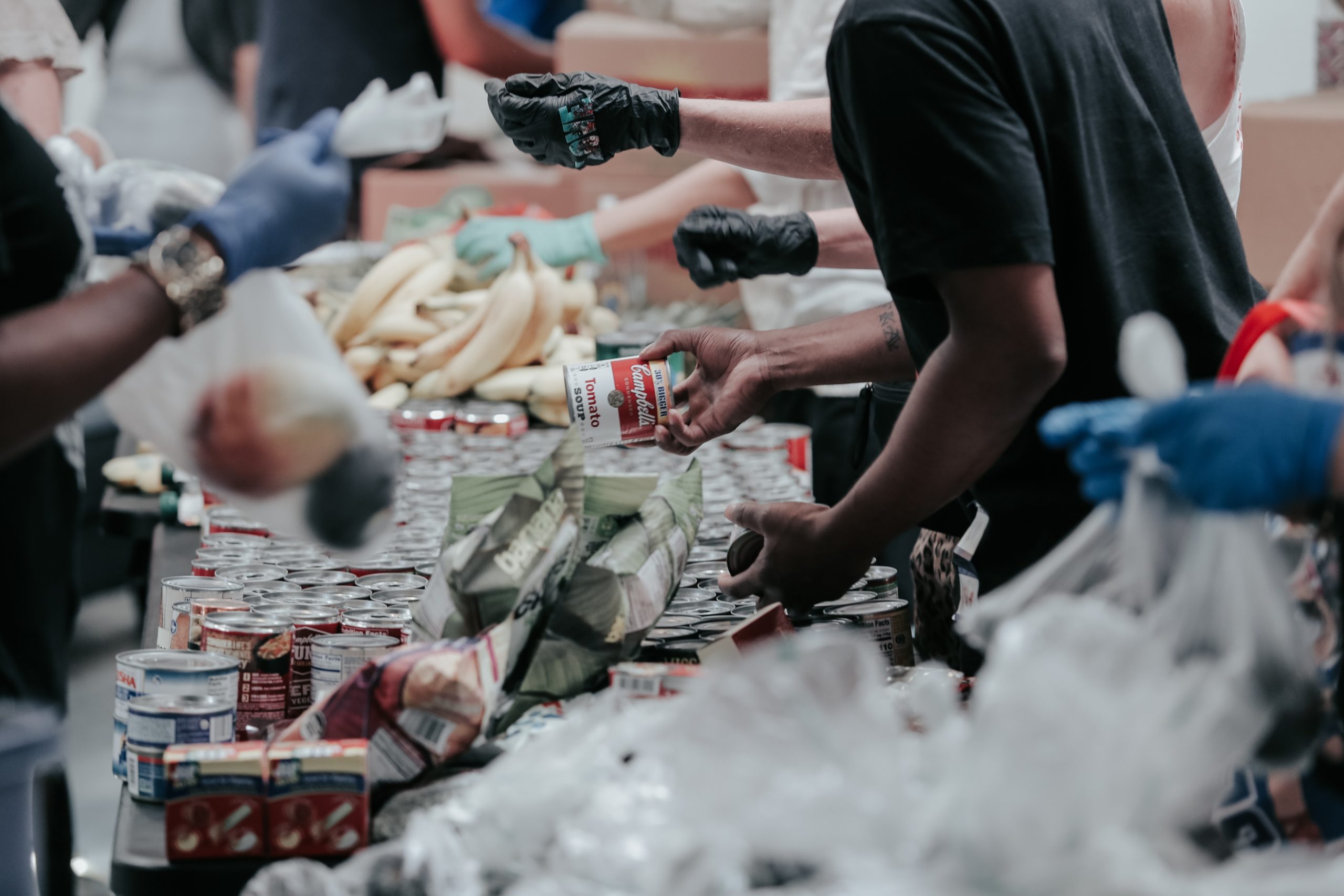
Why do people give to help others? Why should people give to help others? Who is “truly deserving” of assistance?
These kinds of debates occur between people, in governmental circles, and even within our own minds. They can get pretty sophisticated; you can get a degree in the study of altruism, and there is a public group on Facebook called Effective Altruism with over 20,000 members. You can go to the internet site www.yourmorals.org for rather a lot of sociological and psychological surveys that will help you identify the ways that you make your moral decisions. Those surveys focus on the study of how people make moral decisions.
The religions of the world also have something to say, and to my understanding, they all include giving food to those who are hungry.
For example, “The Tao of heaven is to take from those who have too much, and give to those who do not have enough” (Taoist, Tao Te Ching, verse 77). Or, “Whatever you bestow in charity must go to parents and to kinsfolk, to the orphans and to the destitute and to the traveler in need” (Islam, Koran, The Cow 2:215). In the New Testament, Jesus says “For I was hungry and you gave me something to eat, I was thirsty and you gave me something to drink.” (The Holy Bible, Matthew 25:35), and in the Hebrew Scriptures it is written in Proverbs 22:9 “…the generous person is blessed. For they give of their bread to the poor.” In the Hindu Taittiriya Upanishad, 3rd Valli, 10th Anuvaka, it is written, “Let him never turn away (a stranger) from your house, that is the rule. Therefore a man should by all means acquire much food, for (good) people say (to the stranger): ‘There is food ready for him.’”
I am certainly not an expert in world religion, and adherents to each of these religions can probably point out better Scriptures to make the case, but witnessing the volunteers, food drives, and donations made to FFGE show me that providing food to those who are hungry is very important to all of them. Scholars have argued that this is one of the things that religions do: In addition to teaching us how to respond to the Holy, they teach us how we relate to our neighbors. With love and compassion.
I would add two more reasons: First, because we live in a strong community in which we care for one another, including people who may be poor and need help with life’s necessities. That is the kind of place where I want to live, which requires me to act in ways that are caring to others.
But secondly, at the end of the day, how we treat others is also about who we want to be. Philosophers teach us that who we are depends upon the practices, habits, and virtues that we put into action in our lives.
How we treat others is mostly about who we are.
Food for Greater Elgin came into being after local churches reported being overwhelmed by people coming to their doors seeking food, teachers distressed at children crying when it was time to go home from school for the weekend because they did not have enough food to eat there. That generation (mostly still living) could not think of themselves as people who did not care about the suffering of their neighbors. That is not who we were, who we are. So Food for Greater Elgin was born.
Today, we seek to provide food efficiently, so that no one in our communities needs to go to bed hungry. In the coming months, we will feature different strategies that we employ to turn that compassion into food.
Thank you for your help!
Michael H. Montgomery, Ph.D.